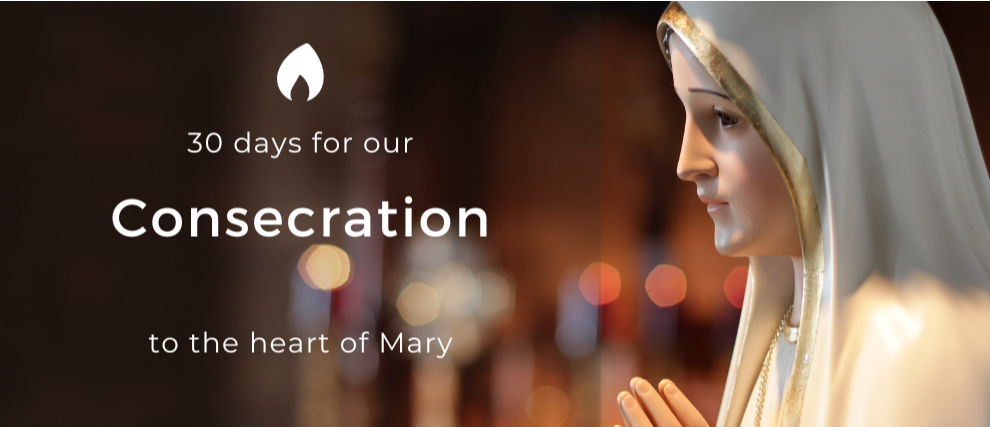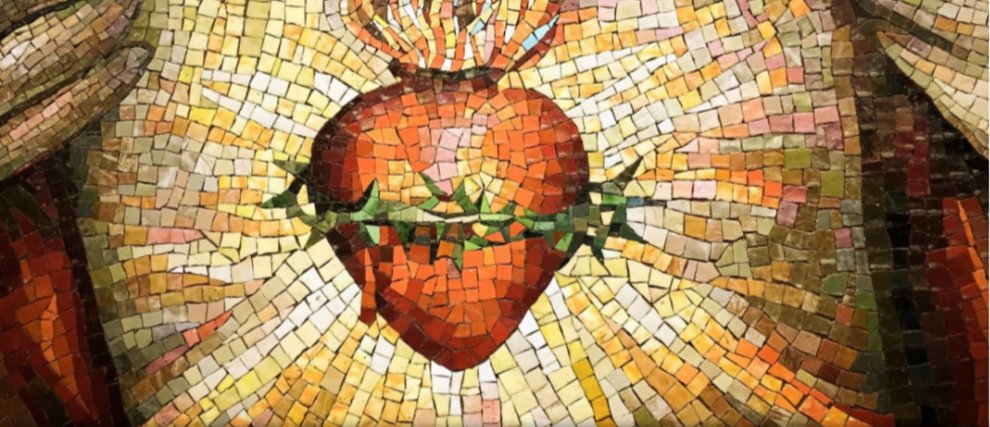Blessed Chiara Luce
Biography of Chiara Luce Badano
Chiara Badano was born on 29 October 1971 in the region of Sassello, received like a gift to her parents, Ruggero and Maria Teresa Badano, after long years of waiting. Maria Teresa noticed Chiara's generosity from an early age: at the age of four, she donated her new toys to poor children. In 1981, during the Family Fest, she met the Focolari movement at the international gathering. This event defined her religious path for the rest of her life. She joined Gen 3, the adolescent branch of the movement, and was committed to living in full harmony with the Gospel. She also began an epistolary relationship with the founder of the Focolari, Chiara Lubich. She was an impressive young girl who listened to everyone: her friends from school or Focolari, the elderly, the homeless... Apart from that, her days went by normally, with the ups and downs of adolescence. It was with some regret that her family moves to Savona, where Chiara continued her education in high school, and where she would repeat her first year, which represents a difficult period of her young life. However, she retained her optimism and continued her commitment to the Focolari movement, with Jesus at her side.
Chiara is a great reader and a true sportswoman. She blossomed in the mountains or by the sea, cycling or skating, playing tennis... However, in 1988, all this was going to change. During a tennis match, she felt a dazzling pain in her shoulder, which sent her to the hospital. After a series of tests, the diagnosis fell: she suffered from aggressive cancer of the bone tissue in an advanced stage. She received her first operation in Turin, but her doctor informed her of the seriousness of her illness. So, on her return home, she was subject to a deep torment, which, according to her mother, would last 25 minutes, during which Chiara struggled to reconcile her faith, her joy with this news. Nevertheless, she was victorious in this inner battle, and from that moment on, she would show unwavering optimism and would not look back. All the rest of her medical journey, she offered her pain to Jesus. She knew that medicine has “laid down its arms”, but nevertheless remains active: she continued her gifts to a mission in Benin from her room, and she welcomes her friends and the young people of the Focolari movement with the same joy with which she had committed herself to spreading the Gospel.
Seeing the end approach, Chiara refused the administration of morphine. Although her suffering became more acute, she did not want to lose the lucidity that she gained from the pain that she wanted to offer to Christ, for that is what remained to her to offer. She organized her own funeral with her family and chose to leave dressed in white to welcome Jesus, whom she considers to be “the first husband”. She died in the early morning of October 7, 1990. Her last act of generosity would be to donate her corneas, the only part of her body not affected by the disease. The Gen and her acquaintances gathered in great numbers to bid farewell to Chiara Luce at her funeral, for she had touched them in great numbers, and still today she continues to touch the world: she had asked that the gifts be transmitted to the mission in Benin, which would take her name. Her story reached the Vatican, and she was proclaimed blessed on September 25, 2010 at the Shrine of Our Lady of Divine Love in Rome.
Quotes from Blessed Chiara Luce
“Se le vuoi tu, Gesù, lo voglio anch’io”
Chiara Luce learned from a young age a diagnosis that would likely overwhelm her. However, throughout her illness and until the end of her life, she maintained admirable optimism and infallible devotion. It is her complete trust and deep love for Christ that led her to receive from Chiara Lubich the name, Chiara “Luce”, a gushing light on her loved ones and the other members of the Focolari.
Who can say what Chiara really thought of her situation? Nobody. But thanks to her correspondence, notes in her diary, and the testimonies of her loved ones, we can gather her words and get a better idea of the beautiful mind of this young girl.
She received the Gospel as a gift of her communion, and she developed a precious fervor towards the writings, which she affirmed to Chiara Lubich in a letter:
“I don't want to and cannot stay illiterate with such an extraordinary message. Just as it is easy for me to learn the alphabet, I must also learn to live the Gospel.” (1985)
In Sassello, Chiara often went to meet her friends at Bar Gina. Her mother asks her one day if she's talking about God to her friends. Chiara replied:
“No, I'm not talking about God”. Then she adds: “Talking about God doesn't matter so much. I have to give it importance.”
The news of her cancer weighed heavily on her, but, as her mother Maria Teresa Badano says, as a result of her deep torment, she was able to give Jesus her “yes”. Since then, at each painful and difficult stage that she would have to face, such as the loss of use of her legs, Chiara Badano would repeat her famous sentence:
“If you want it, Jesus, I want it too”
In an original recording, Chiara recounts a miracle that occurred, giving her a boost of courage while she was receiving care at the hospital in Turin. During the operation, she described the arrival of a beautiful and smiling lady, who came to take her hand. No one seemed to know her, and she disappeared as soon as she came. Chiara felt deep gratitude to the Lord on her return, and says:
“There, on this occasion, I understood: if we were always ready for anything, how many signs God would send us! I have also understood how many times God passes by our side without us realizing it.”
Chiara speaks to all of us, and although she will not be able to enjoy her youth to the fullest, she leaves a message for her peers in her farewells:
“Young people are the future. I can't run anymore, but I'd like to pass the torch on to them, like at the Olympics. They have only one life, and it is well worth living it”.
On the day of her death, she died on her last farewell to her mother:
“Ciao. Be happy, because I am.”
Going further - books and documentary
Learn more about the life of Chiara Luce by reading the books: “Chiara Luce: 18 years of a bright life” by Franz Coriasco, and “From light to light: Life of Blessed Chiara Badano” by Mariagrazia Magrini, or by watching the documentary film by Maria Amata Calò: “Chiara Luce Badano, a magnificent design”.

